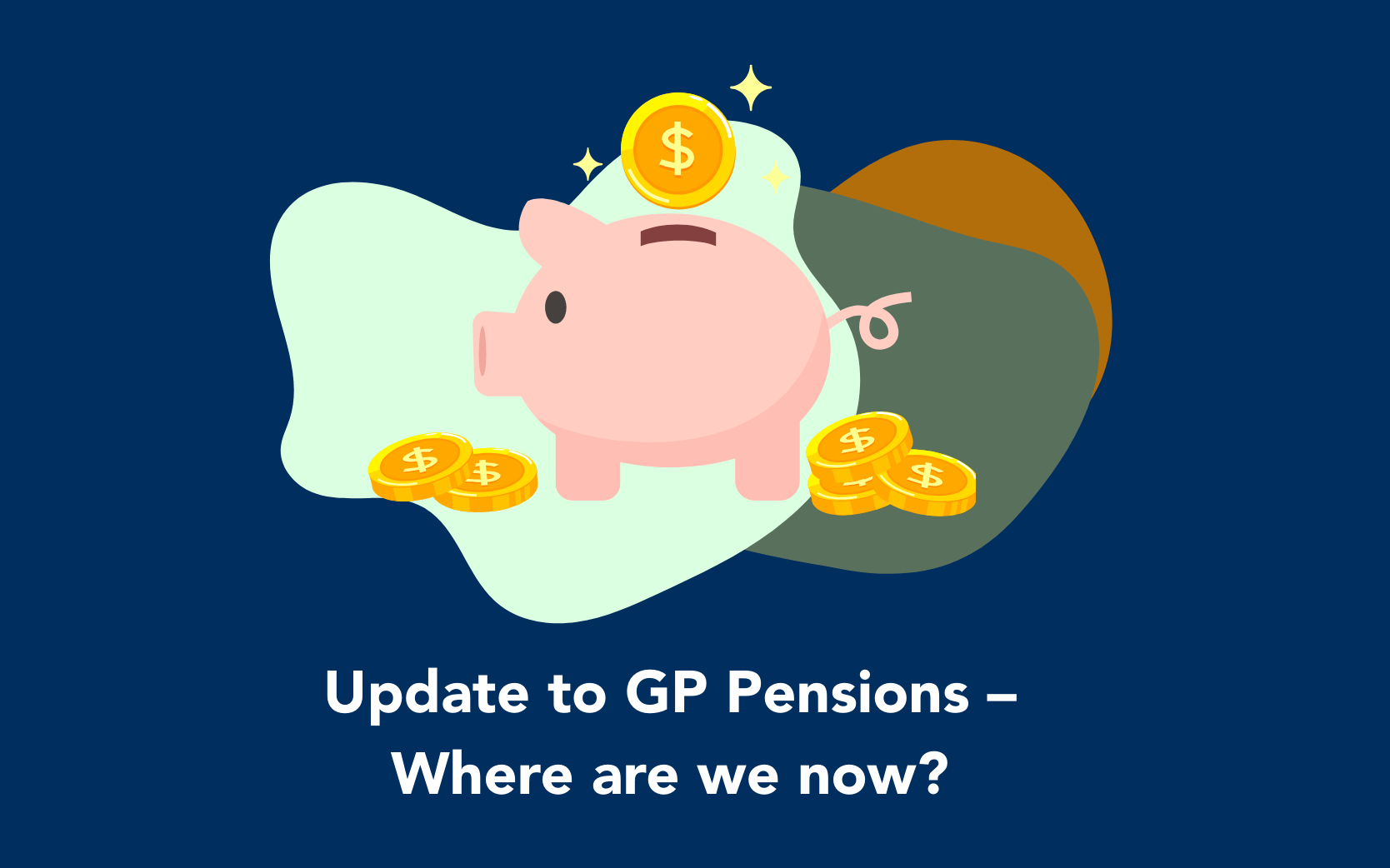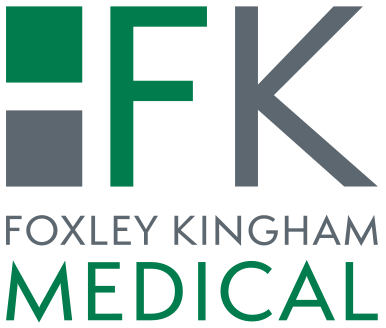
Recent changes to NHS pension schemes have created uncertainty and complexity for General Practitioners, especially around tax charges, annual allowance calculations, and the admin required to keep records up to date. The expert team at Foxley Kingham Medical, Zeeshan Hussain and Darren Fletcher, informed the following note to help GPs take action to ensure their pensions are in order.
The McCloud Judgement and Remedy
The UK Government’s 2015 reforms moved many NHS employees, including GPs, into the 2015 pension scheme. This change gave rise to the McCloud case, where the courts ruled that younger members had been discriminated against by losing access to the, in many ways more advantageous, legacy schemes.
The McCloud remedy now offers GPs a choice: for the “remedy period” (1 April 2015 – 31 March 2022), members can decide whether their benefits should be based on the legacy scheme or the 2015 scheme. This choice can have major implications, not only for retirement benefits but also for annual allowance tax charges.
The Remediable Pension Savings Statement (RPSS)
The RPSS is key to correcting annual allowance positions for GPs. It sets out revised figures for pension input amounts during the remedy period under both schemes, so members and their advisers can check whether previous annual allowance charges were too high – and, importantly, where refunds may be due.
Action point: Many GPs have yet to receive their RPSS, and some will need to “self-identify” to NHS Pensions to trigger one. Given the delays in issuing these statements, there is a risk that GPs may miss opportunities to offset charges using carry-forward allowances. So, it’s important to act now to check whether you’re affected!
Correcting Pension Records
Before an RPSS can be accurate, pension records themselves must be correct. Unfortunately, many GPs find that their NHS pension records are incomplete, often due to missing or incorrect service history reported by pension administrator, Primary Care Support England (PCSE).
Action point: We advise all GP clients to check their records regularly via the NHS Pensions Portal and request corrections promptly. Without accurate records, it is impossible to make informed choices about scheme benefits or tax liabilities.
Annual Allowance
The Annual Allowance (AA) is the limit on tax-free pension growth in a given year, currently set at £60,000. If pension input exceeds this limit, an AA charge applies.
For GPs, pension growth is not just based on contributions but on the increase in the notional value of their defined benefits. This can fluctuate sharply with pay rises, added sessions, or scheme changes.
The McCloud remedy can alter historic pension input figures, meaning past AA charges may need revisiting. Accountants play a vital role in recalculating liabilities and ensuring the correct position is reported to HMRC.
Action point: It is vitally important to understand whether you have breached your annual allowance, in any given year. If you have, tax will be due although you can offset using any unused amounts from the previous three years. Speak to the team at Foxley Medical for support, if at all unsure.
Final Thoughts
After speaking to clients, we’d estimate around 60%-70% haven’t received their RPSS statement. If you haven’t received it – you can request a copy for review, here*. If updates are required, you can do so directly through the PCSE or through your accountant. If something looks amiss with your statement, it’s also a good idea to run it by your accountant. With all the complications, mistakes are common, so examine the statement closely.
Whilst meeting with your accountant, it may also be worthwhile discussing any contingent decisions you made, that were influenced by your understanding of the schemes at the time. There are things you can do to mitigate any negative impact you feel the remedy has inflicted.
Zeeshan Hussain, specialist in medical practitioners’ affairs and Director at Foxley Kingham Medical commented:
“For GPs, navigating the NHS pension system has become an effort-intensive, administrative burden. Between the McCloud remedy, shifting annual allowance rules, and persistent data issues, it has never been more important to take specialist advice. GP finances are uniquely complex, so it is important to consult someone with the correct expertise.
Our role at Foxley Kingham Medical is to ensure clients have accurate records, correct tax reporting, and the right information to make decisions about their financial future. By staying ahead of the changes, GPs can protect their pension wealth and avoid paying more tax than is necessary. After all, your focus should be your patients, not the paperwork.”
If you’d like to discuss any of the points listed above with the Foxley Kingham Medical team, get in touch at www.fkca.co.uk/contact-fk-medical, or call us on 01582 540800.
Disclaimer
GPs should seek independent financial advice on pensions we can only advise on the tax impacts.
*Subject to meeting certain conditions

